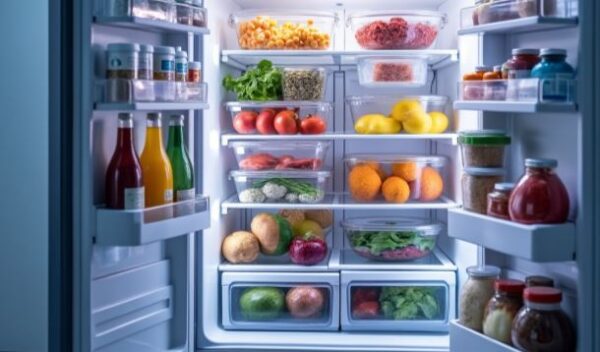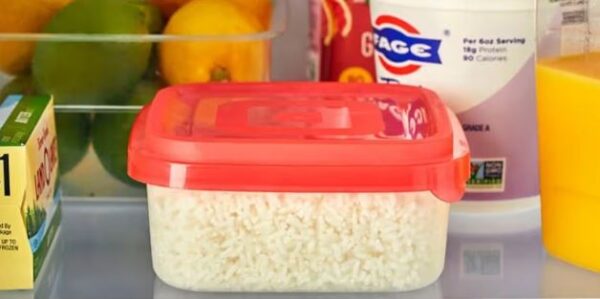Lifestyle
How to store salad in the refrigerator for maximum freshness

Keeping salad fresh in the refrigerator can be tricky, especially when dealing with delicate greens or cut vegetables.
With the right techniques, you can extend the life of your salad and keep it crisp for several days.
1. Start with fresh ingredients
Use greens and vegetables that are fresh, firm, and free from wilting or bruises. Rinse them under cold water and dry them thoroughly. Excess moisture is the enemy of crisp salad.
2. Dry everything completely
After washing, use a salad spinner or pat dry with paper towels. Damp greens will spoil faster due to trapped moisture leading to rot or sliminess.
3. Use airtight storage containers
Store your salad in a sealed container (glass or plastic) to prevent exposure to air. Avoid overpacking; give the greens a little room to breathe.
4. Line containers with paper towels
Place a dry paper towel at the bottom or top of your container. It absorbs excess moisture and prevents sogginess. Replace the towel every couple of days.
5. Keep dressing separate
Never store salad with dressing already mixed in. Keep dressing in a separate container and add it only when you’re ready to eat.
6. Layer ingredients smartly (if prepping ahead)
If you’re storing a composed salad (like for meal prep):
-
Bottom: Hearty veggies (carrots, cucumbers, bell peppers)
-
Middle: Proteins (chicken, beans, tofu)
-
Top: Leafy greens
-
Keep dressing on the side
This prevents wilting and keeps textures intact.
7. Store in the right part of the fridge
Place your salad in the crisper drawer or a cool, not-too-cold shelf (not near the back where freezing can occur). Ideal temperature: around 35°F to 40°F (1.6°C to 4.4°C)
8. Check and refresh as needed
If storing for more than 2–3 days, check daily. Replace wilted greens, refresh paper towels, and remove any spoiled bits to prevent contamination.
How long will it stay fresh?










